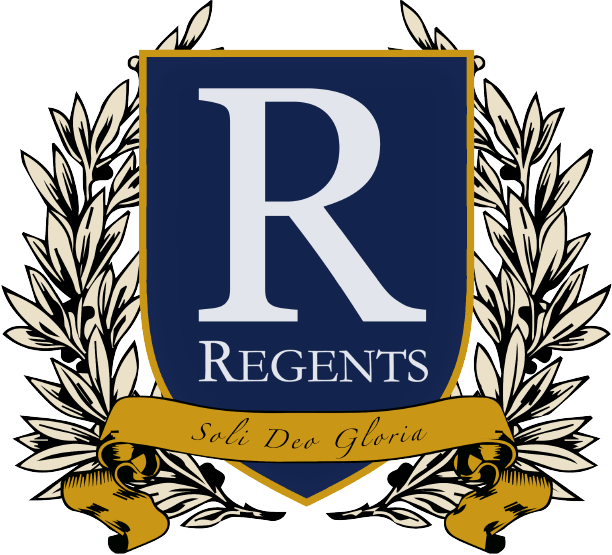
© 2026 Regents School of Charlottesville.
Over the course of the past month, I have enjoyed watching Grammar School students participate in class events such as Mammal Day, Monk Day, Famous Explorer Speeches, and Pioneer Day. It is such a joy to see the students’ effort displayed in the costumes they create and the presentations they prepare. More than this, however, I am grateful for the opportunity to see the fruit of classical education firsthand.
At Regents, we desire to graduate students who discern truth, think logically, and speak eloquently. This means that we spend a significant amount of time building good habits and practices in Grammar School that will eventually foster the skills and outcomes we seek to produce in the Logic and Rhetoric School. We look for opportunities to train students to do the right thing or make the best choice, all while fervently praying for heart transformation. These special events, called Living History Days, allow us to do just that.
Students prepare for Living History Days by completing researching, developing presentations, and creating costumes. During this process, the students embody the grammar phase of classical education, by memorizing their presentation. For younger students, they typically recall a list of facts. For example, first grade memorizes five facts about their mammals. Older students are required to memorize their entire speeches beforehand just as fifth grade recalls their explorer speeches from memory.
Although they have not yet reached the logic phase of a classical education, students demonstrate elements of this phase by determining which facts should be included in their presentations. They must discern what information logically fits and is worthy of being included.
Lastly, the students also embrace elements of the rhetoric phase of classical education by effectively communicating their presentations. This includes recalling their presentation from memory, using good body language and facial expressions, and speaking well.
Living History Days are certainly fun for students, and they are the perfect opportunity for you to see all the things our students learn. However, more importantly, they are a wonderful way to observe and experience the benefit of classical education. We certainly do not want our students to solely regurgitate information. (We have Google for that.) Instead, we integrate our curriculum, such as literature, Bible, history, and science, in order to leave our students with a vision of what it must have been like in 1607, exploring questions like, What foods did the settlers eat? What made their lives challenging? Or What were the common urban legends that influenced how our forefathers thought and behaved?
A Living History Day is an opportunity to bring history to life and let those past events jump off the page for our students. What better way to make school engaging and exciting!
-Miss Campbell,
Grammar School Academic Dean